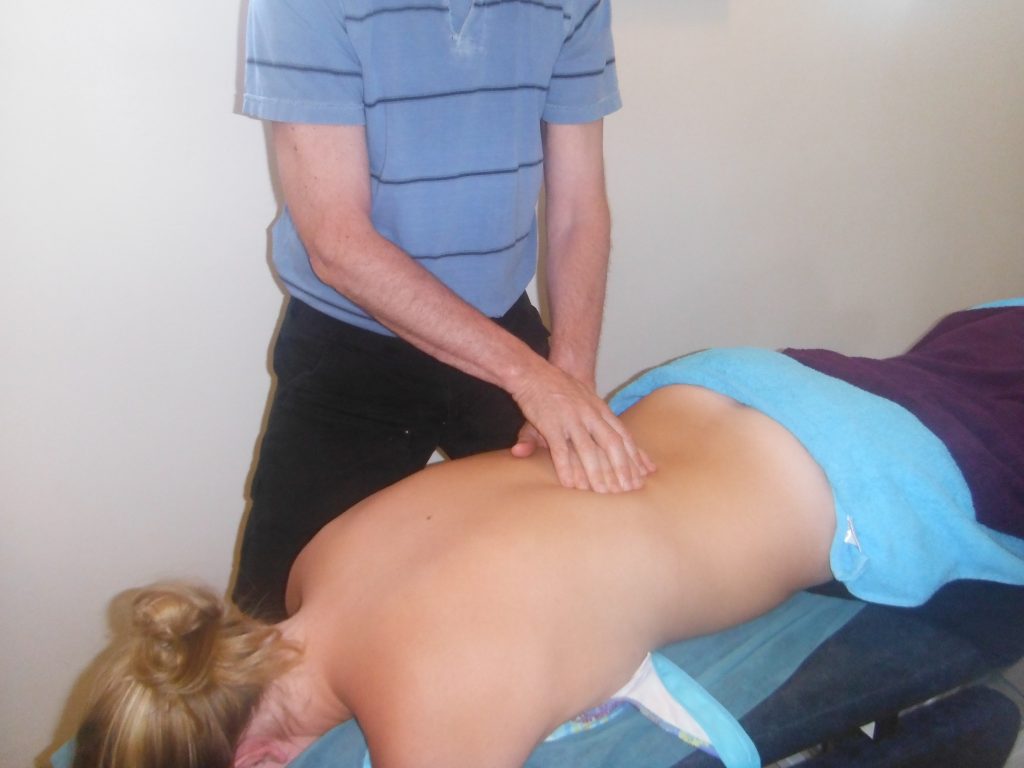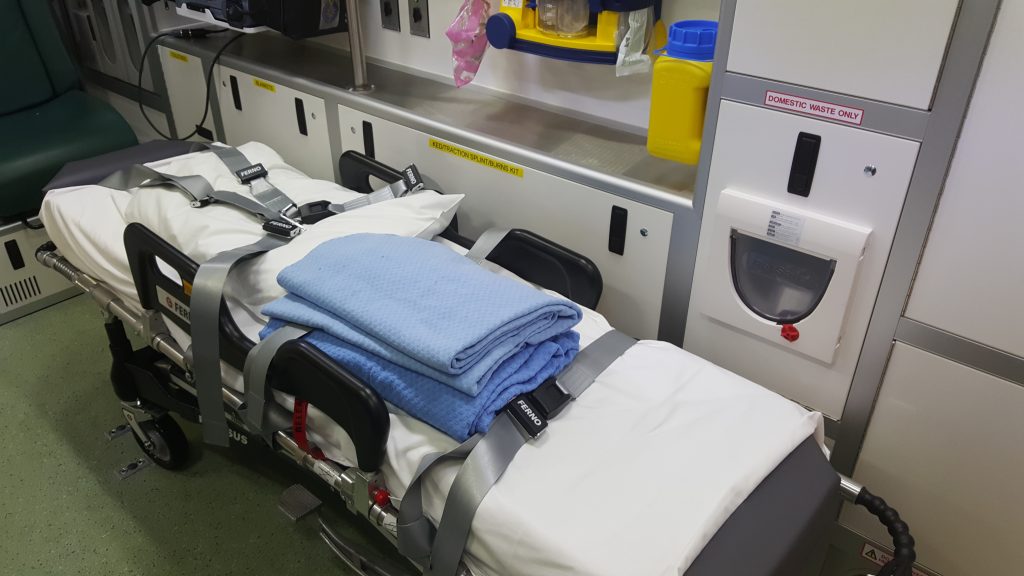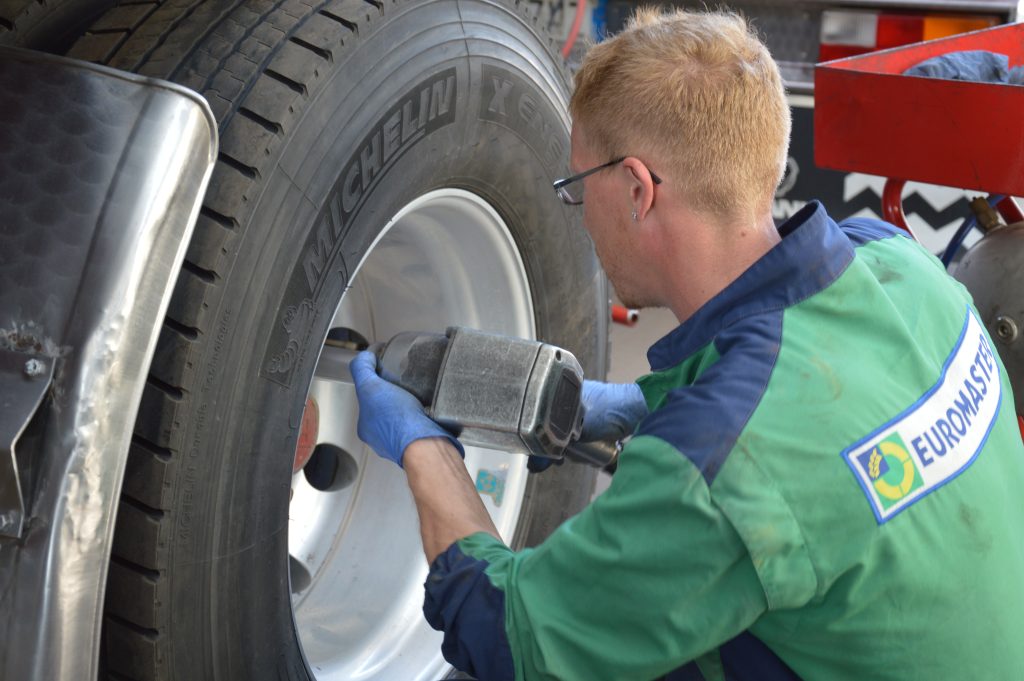 For purposes of seeking an appeal, there is great importance in preserving the record, which may be done through admitting evidence at trial to support relevant claims. When the record has not been established at trial, it is difficult for the best attorneys to succeed on appeal. William Taylor (Mr. Taylor), the plaintiff in his case brought against Hanson North America (Hanson), ran into this evidentiary legal hurdle when he appealed the Office of Workers’ Compensation (OWC) decision denying his motion to Louisiana’s First Circuit Court of Appeal.
For purposes of seeking an appeal, there is great importance in preserving the record, which may be done through admitting evidence at trial to support relevant claims. When the record has not been established at trial, it is difficult for the best attorneys to succeed on appeal. William Taylor (Mr. Taylor), the plaintiff in his case brought against Hanson North America (Hanson), ran into this evidentiary legal hurdle when he appealed the Office of Workers’ Compensation (OWC) decision denying his motion to Louisiana’s First Circuit Court of Appeal.
Twenty years before the First Circuit Court issued its 2015 opinion affirming the OWC decision, Mr. Taylor was injured in a work-related accident. His injuries left him permanently and totally disabled. Afterward, the OWC determined that Mr. Taylor was entitled to workers’ compensation benefits.
Years later, Mr. Taylor’s physicians recommended that he undergo a myelogram, CT scan, and physical therapy. However, Hanson, the successor in interest of his former employer, refused to authorize these treatments. In turn, Mr. Taylor filed a disputed claim with the OWC against Hanson, seeking penalties and attorney fees for Hanson’s failure to approve these treatments and for failure to timely pay his medical expenses and prescriptions.
 Louisiana Personal Injury Lawyer Blog
Louisiana Personal Injury Lawyer Blog


 In the realm of lawsuits, there are always two sides to the story, presenting challenges in determining who will emerge victorious. However, even when faced with factual disputes, there is still hope for success in your worker’s compensation claim. The case of David Thibodaux, a truck driver for Grand Isle Shipyard, serves as a prime example of overcoming obstacles in the pursuit of justice. Despite skepticism about the origin of his injuries and facing resistance from his employer, Thibodaux’s perseverance and the support of a skilled attorney led to a favorable outcome. This story emphasizes the crucial role of legal counsel in guiding individuals through the complexities of workers’ compensation claims and ensuring the presentation of compelling evidence to support their case.
In the realm of lawsuits, there are always two sides to the story, presenting challenges in determining who will emerge victorious. However, even when faced with factual disputes, there is still hope for success in your worker’s compensation claim. The case of David Thibodaux, a truck driver for Grand Isle Shipyard, serves as a prime example of overcoming obstacles in the pursuit of justice. Despite skepticism about the origin of his injuries and facing resistance from his employer, Thibodaux’s perseverance and the support of a skilled attorney led to a favorable outcome. This story emphasizes the crucial role of legal counsel in guiding individuals through the complexities of workers’ compensation claims and ensuring the presentation of compelling evidence to support their case. A pre-existing illness requiring time off is difficult, especially if one believes the work environment is worsening the condition. However, proving the environment is the cause of the worsening condition is difficult to do. So, how can a pre-existing illness affect a worker’s compensation claim? What happens if you cannot prove a causal link between a work environment and a worsening condition? The following Louisiana Court of Appeals case helps answer these questions.
A pre-existing illness requiring time off is difficult, especially if one believes the work environment is worsening the condition. However, proving the environment is the cause of the worsening condition is difficult to do. So, how can a pre-existing illness affect a worker’s compensation claim? What happens if you cannot prove a causal link between a work environment and a worsening condition? The following Louisiana Court of Appeals case helps answer these questions.  If you need to file a lawsuit, obtaining the opposing party’s accurate service of process address is crucial. Otherwise, you may face challenges similar to those encountered by Veronica Gordon. Gordon was an independent contractor for A-1 St. Bernard Taxie & Delivery, LLC, when she was involved in a motor vehicle accident while driving one of their cabs. Three days after the accident, she went to the emergency room for treatment of pain in her arm, shoulder, neck, and back.
If you need to file a lawsuit, obtaining the opposing party’s accurate service of process address is crucial. Otherwise, you may face challenges similar to those encountered by Veronica Gordon. Gordon was an independent contractor for A-1 St. Bernard Taxie & Delivery, LLC, when she was involved in a motor vehicle accident while driving one of their cabs. Three days after the accident, she went to the emergency room for treatment of pain in her arm, shoulder, neck, and back. The evolving nature of employment now means the relationship between employer and employee can be indirect and through different contracting methods. In addition, many people employed by one company are, in fact, on the job doing work for another. A recent case in Louisiana highlights these distinctions and the risks posed to workers and their families when seeking compensation.
The evolving nature of employment now means the relationship between employer and employee can be indirect and through different contracting methods. In addition, many people employed by one company are, in fact, on the job doing work for another. A recent case in Louisiana highlights these distinctions and the risks posed to workers and their families when seeking compensation. A typical work schedule for a full-time employee consist of working seven to eight hours a day. A customary practice among some employees involves leaving their place of employment a couple minutes before their official workday ends; however, what happens if you are injured during those last few minutes? Are you considered “on the clock?” Can you sue your employer for damages, or are you restricted to workers’ compensation as your only remedy? These are the questions that will be discussed in this article.
A typical work schedule for a full-time employee consist of working seven to eight hours a day. A customary practice among some employees involves leaving their place of employment a couple minutes before their official workday ends; however, what happens if you are injured during those last few minutes? Are you considered “on the clock?” Can you sue your employer for damages, or are you restricted to workers’ compensation as your only remedy? These are the questions that will be discussed in this article.  An injury on the job is never easy to deal with, especially when it results in a permanent disability affecting your ability to perform your regular job functions. A functional capacity evaluation (FCE) may be conducted at the employer’s expense to identify the parameters the claimant may return to work. However, a recent opinion from the Supreme Court of Louisiana held that a claimant does not have the right to choose a physical therapist to conduct the FCE at the employer’s expense. This may raise concerns for claimants who struggle to get back to work.
An injury on the job is never easy to deal with, especially when it results in a permanent disability affecting your ability to perform your regular job functions. A functional capacity evaluation (FCE) may be conducted at the employer’s expense to identify the parameters the claimant may return to work. However, a recent opinion from the Supreme Court of Louisiana held that a claimant does not have the right to choose a physical therapist to conduct the FCE at the employer’s expense. This may raise concerns for claimants who struggle to get back to work. Physically demanding jobs can result in workplace injuries that prevent employees from working and earning a wage. However, it is essential when filing a worker’s compensation claim not only to prove your claim but to do so within the timelines required by the courts. A workplace accident claim filed in Metairie, Louisiana shows the importance of timeliness in workers’ compensation lawsuits and helps answer the question; What is the Deadline to File a Workers’ Compensation Claim in Louisiana?
Physically demanding jobs can result in workplace injuries that prevent employees from working and earning a wage. However, it is essential when filing a worker’s compensation claim not only to prove your claim but to do so within the timelines required by the courts. A workplace accident claim filed in Metairie, Louisiana shows the importance of timeliness in workers’ compensation lawsuits and helps answer the question; What is the Deadline to File a Workers’ Compensation Claim in Louisiana? Many jobs require physical labor, which comes with some risks of injury on the clock, especially for those who install and move equipment. Sometimes you get injured while working, and you think, “maybe I can just work through this.” However, if you attempt to work through an injury and don’t report it immediately to your employer, they may try to avoid paying you workers’ compensation benefits. This happened to James Payton, a veteran and previous employee of NASA. Payton’s case helps answer the question; Can I get Workers’ Compensation Benefits if I Don’t Immediately Report My Injury?
Many jobs require physical labor, which comes with some risks of injury on the clock, especially for those who install and move equipment. Sometimes you get injured while working, and you think, “maybe I can just work through this.” However, if you attempt to work through an injury and don’t report it immediately to your employer, they may try to avoid paying you workers’ compensation benefits. This happened to James Payton, a veteran and previous employee of NASA. Payton’s case helps answer the question; Can I get Workers’ Compensation Benefits if I Don’t Immediately Report My Injury?  Injuring yourself while on the job is not fun for anyone, especially when your accident further exacerbates a previous workplace injury. What happens if you then try to seek retroactive benefits from your previous injury? You may run into an issue of prescription (otherwise known as the statute of limitations). A 2016 case from Terrebonne Parish explores how prescription can play out in a compound workplace injury.
Injuring yourself while on the job is not fun for anyone, especially when your accident further exacerbates a previous workplace injury. What happens if you then try to seek retroactive benefits from your previous injury? You may run into an issue of prescription (otherwise known as the statute of limitations). A 2016 case from Terrebonne Parish explores how prescription can play out in a compound workplace injury.